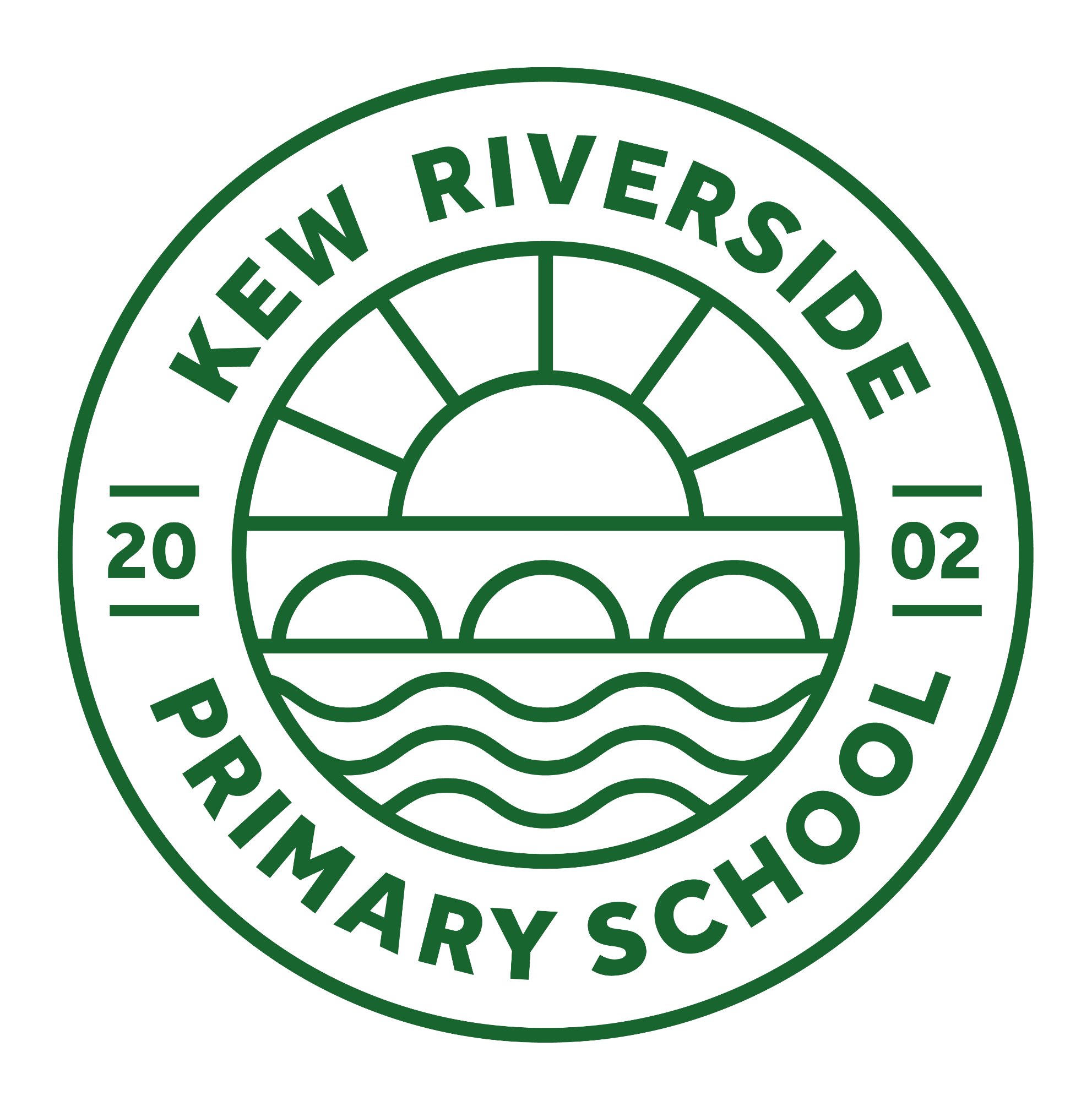French
At Kew Riverside, our teaching of MFL is designed to foster in pupils a curiosity and understanding about world languages and diverse cultures that will lay the foundations for enjoying further foreign language study at secondary school. French is taught weekly in years 2 to 6 and we aim for pupils to progress in all four skills of language learning: reading, writing, speaking and listening. We believe that learning a foreign language also enables pupils to embed their understanding of the structure of language as a whole – grammar, spelling, pronunciation and vocabulary, which are learnt whilst gaining an insight into France itself and French culture. We aim for pupils to be able to express themselves confidently when speaking French, with clear pronunciation and intonation.
Our specialist French language teacher uses the Language Angels scheme of work to plan and teach the weekly French lessons which supports the requirements of the National Curriculum. Lessons build on prior learning, and include a wealth of motivational learning activities such as stories, songs, games and role plays.
In line with the National Curriculum, at Kew Riverside, our French curriculum aims to ensure that all pupils have opportunities to;
- Listen attentively to spoken language and show understanding by joining in and responding.
- Explore the patterns and sounds of language through songs and rhymes and link the spelling, sound and meaning of words.
- Engage in conversations; ask and answer questions; express opinions and respond to those of others; seek clarification and help.
- Speak in sentences, using familiar vocabulary, phrases and basic language structures.
- Develop accurate pronunciation and intonation so that others understand when they are reading aloud or using familiar words and phrases.
- Present ideas and information orally to a range of audiences.
- Read carefully and show understanding of words, phrases and simple writing.
- Appreciate stories, songs, poems and rhymes in the language.
- Broaden their vocabulary and develop their ability to understand new words that are introduced into familiar written material, including through using a dictionary.
- Write phrases from memory, and adapt these to create new sentences, to express ideas clearly.
- Describe people, places, things and actions orally and in writing.
- Understand basic grammar appropriate to the language being studied, including feminine and masculine forms and the conjugation of high-frequency verbs; key features and patterns of the language; how to apply these, for instance, to build sentences; and how these differ from or are similar to English.
Enrichment
- Themed days involving the whole community, for example International Day
- Inspiring goals to work towards, such as presenting a weather report, holding a French café
- Class assemblies that showcase children’s learning with families
- Access to dual language books in the school library
- French language-learning short film events with the British Film Institute.
- Links to local secondary schools.
- Communication with native French language children abroad.
